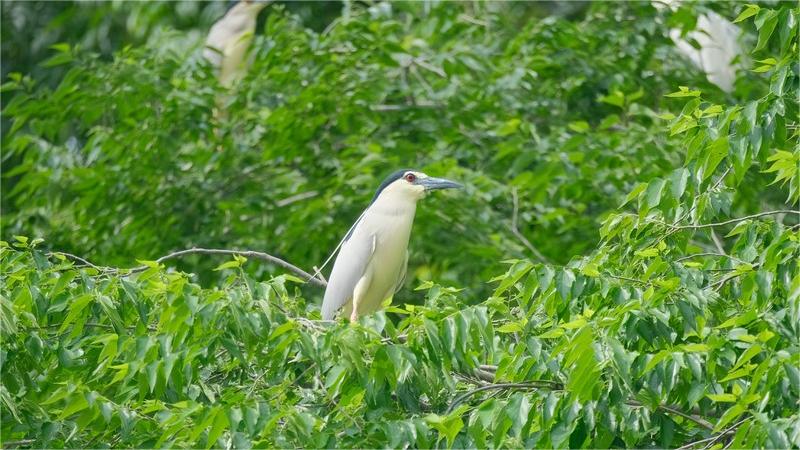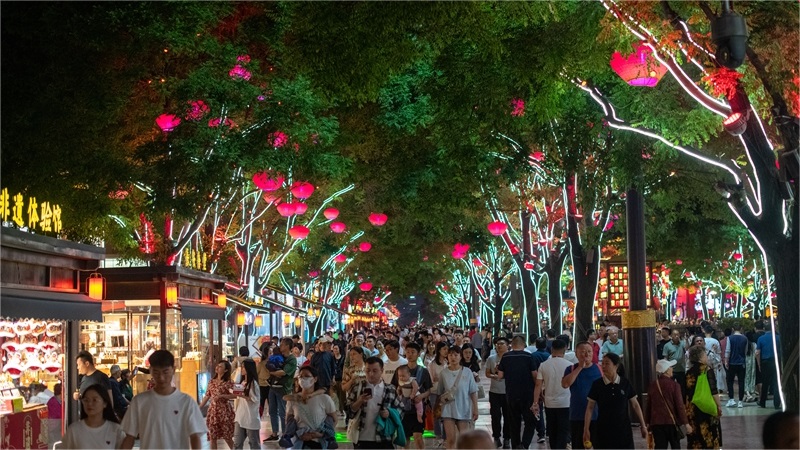Bangladeshi people experience Chinese tea culture with high passion
DHAKA, May 25 (Xinhua) -- Two programs of "Tea for Harmony" Yaji Cultural Salon 2024 were held in Bangladesh's capital Dhaka this week, with hundreds of local people attending to appreciate the uniqueness of Chinese tea culture.
Dipto Sarkar, who studies Chinese at the Confucius Institute at Dhaka University, told Xinhua that he has fallen in love with Chinese tea because of its long history and rich culture.
The event showed participants what Chinese tea is like, how it is made, and what it means for Chinese people, Sarker said.
Aminatul Tayeba, another local student, told Xinhua after learning about Chinese tea and tea-related Chinese poems that Chinese tea culture is different from other countries.
"I was impressed with the fact that tea originated from China, and China has such a vast and rich tea culture," Tayeba said.
Noting that tea-related exchange between Bangladesh and China dates back a long time and has become a part of the cultural bond between the two countries, HM Jahangir Alam Rana, general secretary of Bangladesh-China Friendship Center, said he hoped such cultural events and tea events would help deepen the friendship between Bangladesh and China.
Li Shaopeng, cultural counselor of the Chinese embassy in Bangladesh, said tea is a name card of China that carries a rich history and culture. The implicit and restrained character of tea represents the way Chinese people understand life and interpret the world and epitomizes the key to Chinese culture, he said.
It is hoped that through this event, the Bangladeshi people can feel the charm of Chinese tea culture, which has been passed down for thousands of years, experience the elegant lifestyle of meeting friends over tea, expressing feelings through tea, and cultivating oneself with tea, so as to further enhance the cultural consensus between China and Bangladesh.
The programs were organized by China International Culture Association and the Chinese embassy in Bangladesh, and co-hosted by the Confucius Institute at Dhaka University, the Institute of Modern Languages at Dhaka University and the Bangladesh-China Friendship Center.
Photos
Related Stories
- African youths explore Chinese tea culture on International Tea Day
- Feature: Tea-culture exchange brews stronger China-Africa ties
- Tea Salon in Brussels showcases Yunnan's cultural heritage
- Int'l Tea Day spotlights China's ancient tea traditions
- Trending in China | Lei Cha: Traditional Chinese tea-based beverage
- Tea, tea culture from central China showcased in Britain
Copyright © 2024 People's Daily Online. All Rights Reserved.









